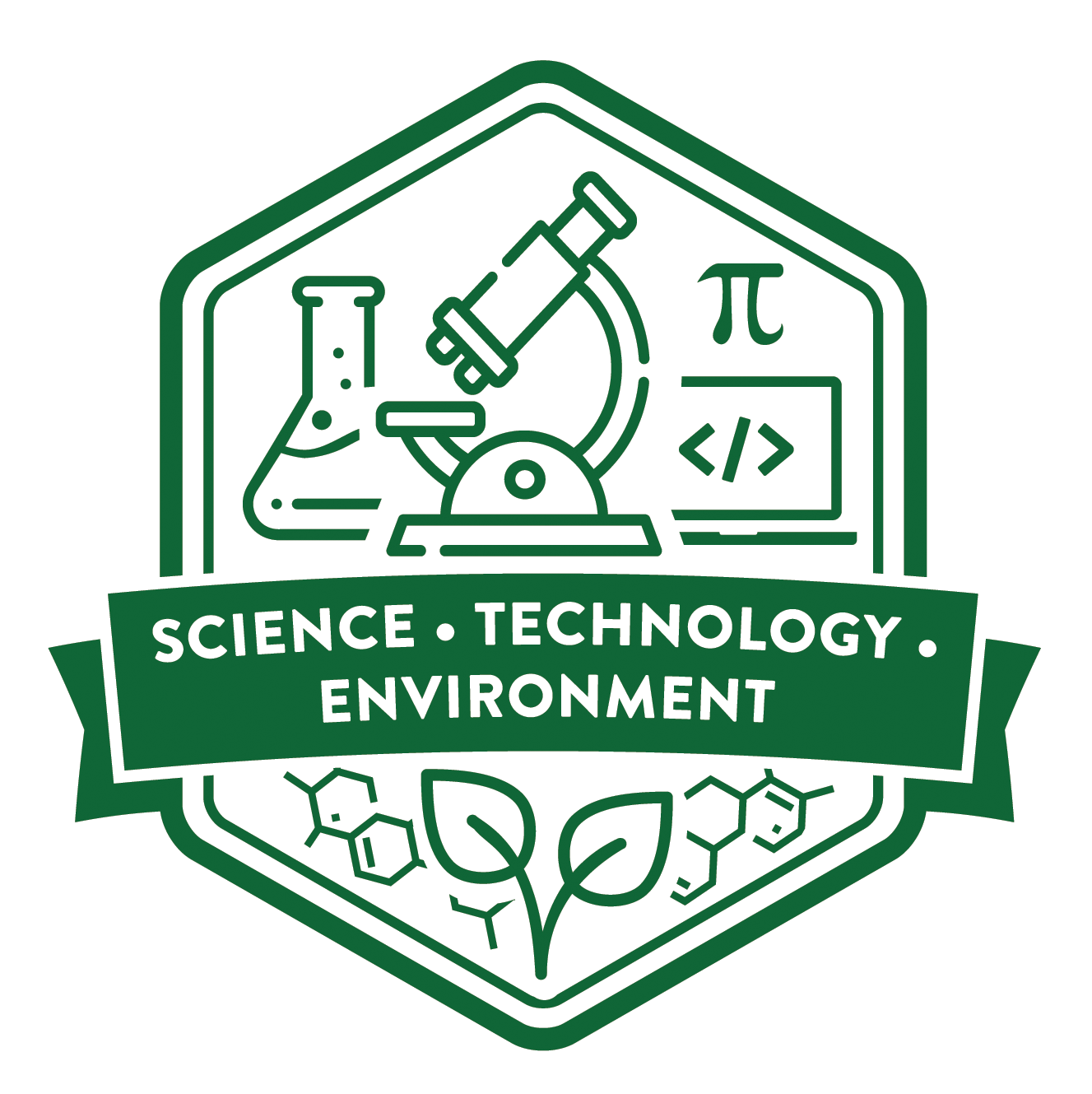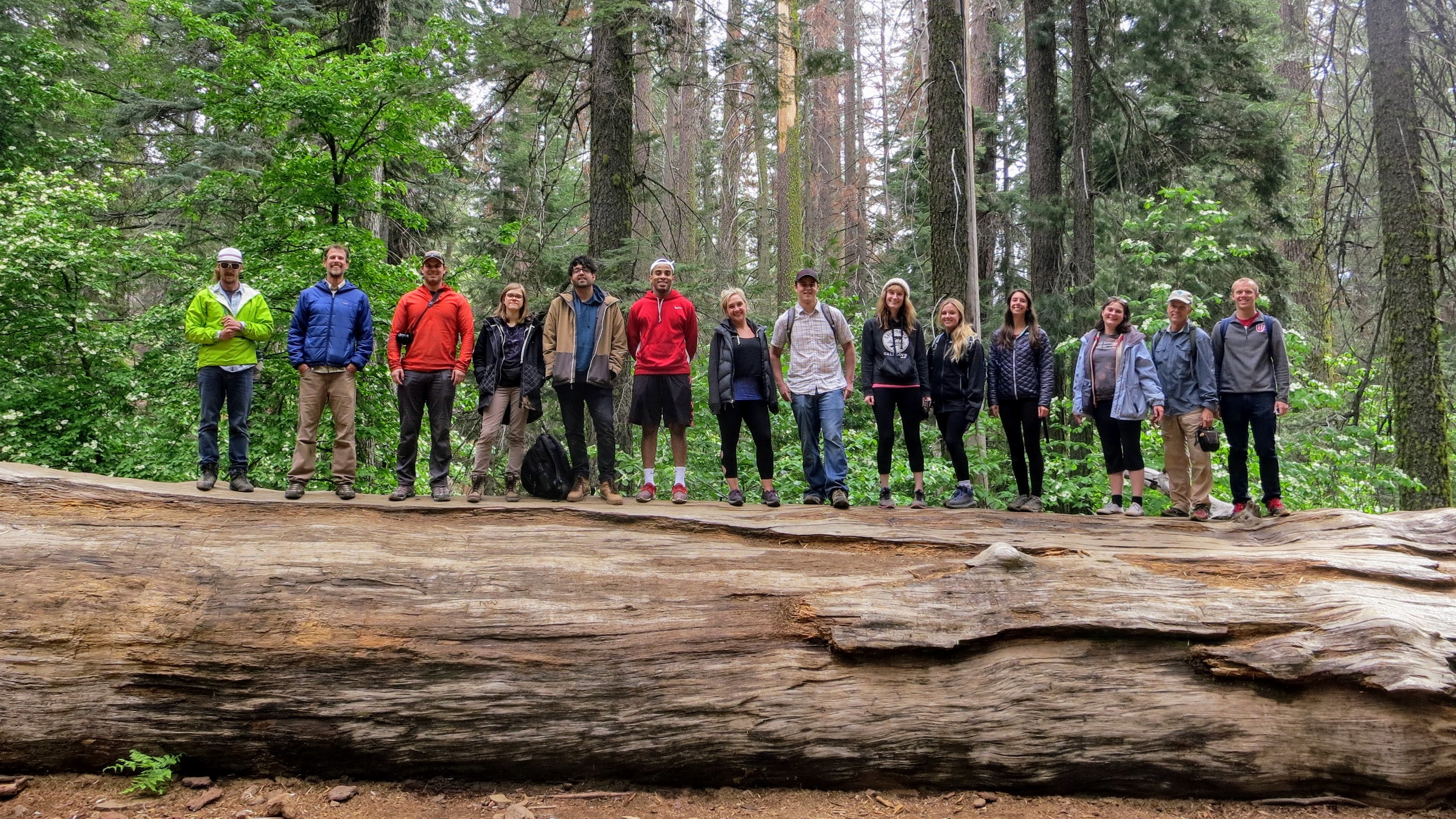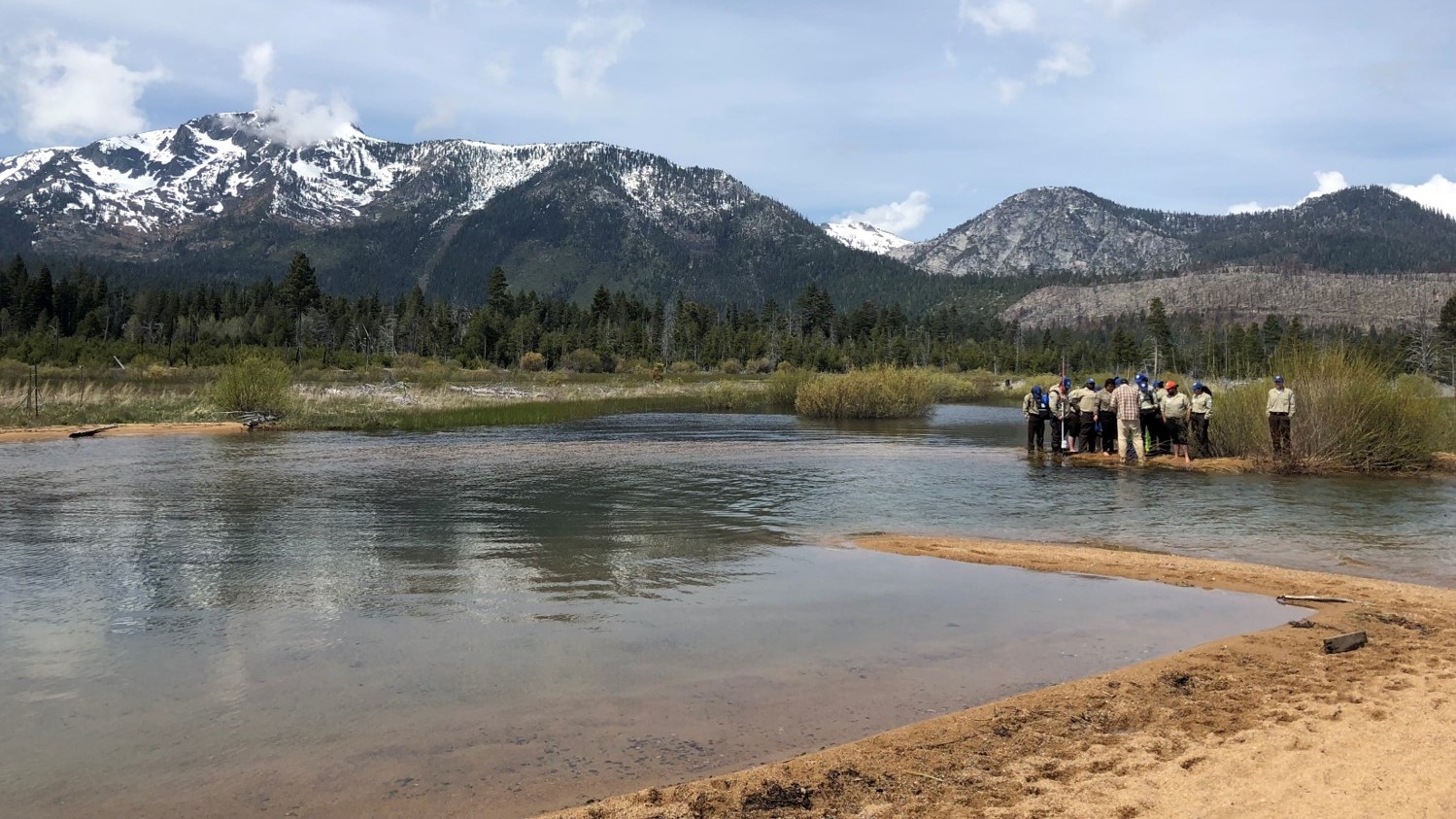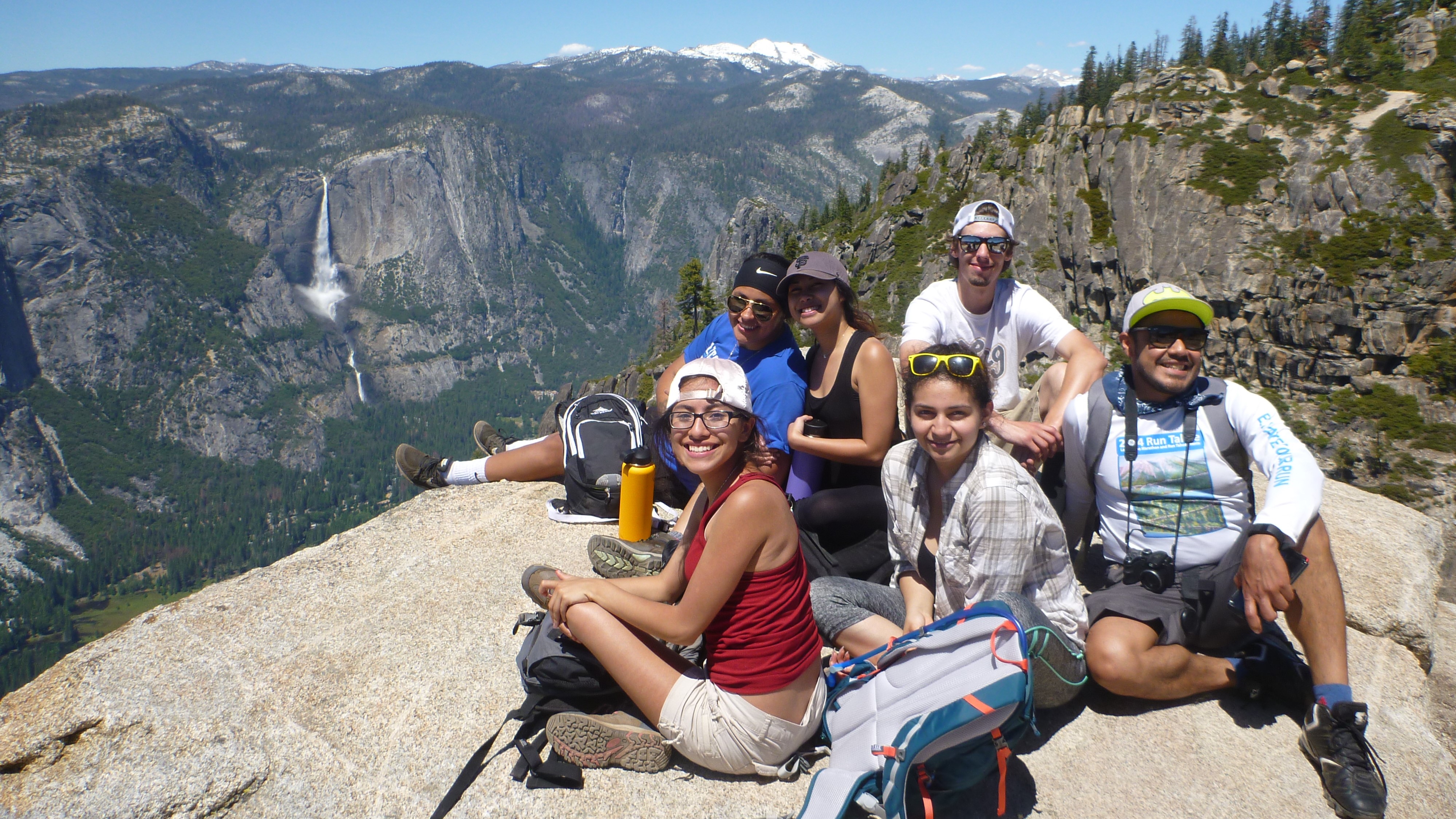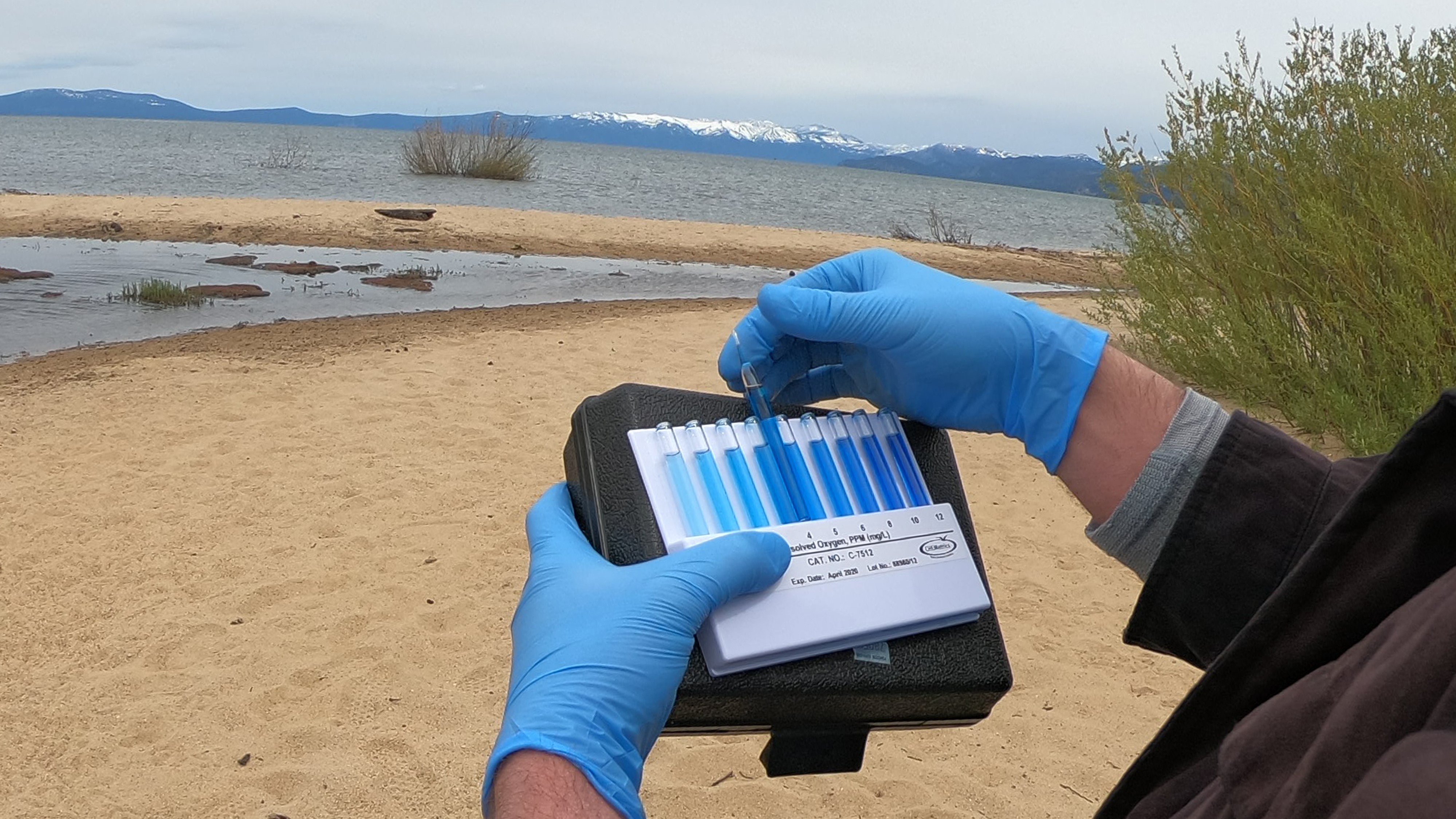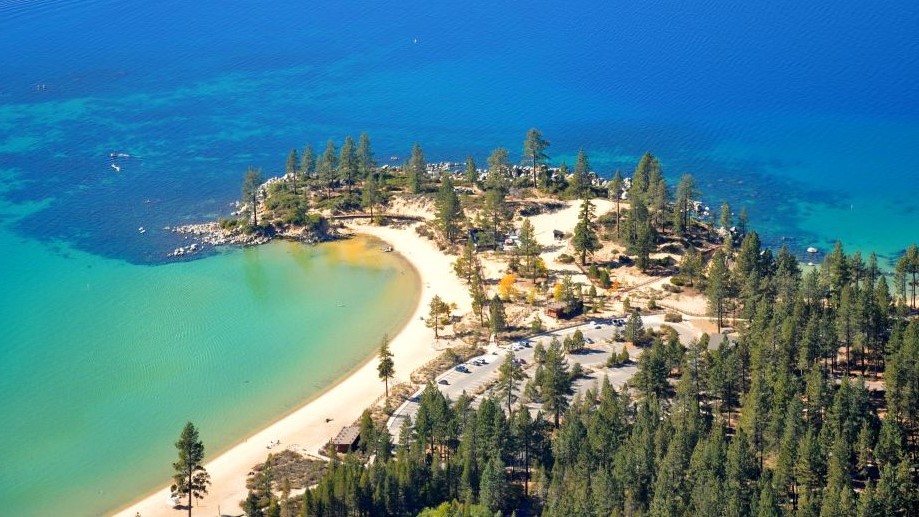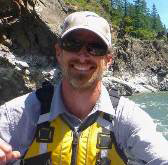Environmental Science & Technology
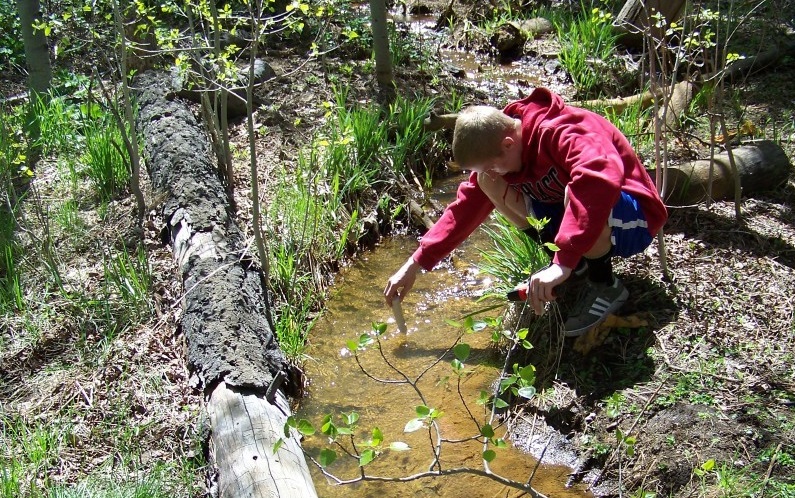
There are three interrelated pathways that prospective students should consider. Each pathway has different math and science requirements:
The Associate of Science degree in Environmental Science is designed to provide students with the theoretical knowledge and the technical skills needed for major prep and transfer into a variety of scientific and environmental disciplines. With an interdisciplinary program of study, students will gain understanding of environmental science components, processes, and issues. *Students should be prepared to start a program of study that includes the Chemistry and Calculus course sequence.
The Associate of Arts degree in Environmental Studies is designed for students who are interested in solving environmental problems from an interdisciplinary perspective, linking the natural and social sciences. Students will be able to understand the scientific basis for environmental decision making and the legal, economic, and political issues involved in management of the environment. Students should be prepared to take Statistics.
The Environmental Science and Technology Certificates at Lake Tahoe Community College are designed to provide opportunities to learn fundamental skills in the field of environmental science. Coursework is designed to provide students with the theoretical knowledge and the technical skills needed for entry-level employment in a variety of environmental fields; to improve chances of employability or job placement opportunities; to provide skills training that may result in wage progression; and/or prepare students for continued study leading to a more advanced certificate or degree.
Need program details? View the Course Catalog for complete requirements and the Program Map for your personalized course planning guide.
Need program details? View the Course Catalog for complete requirements and the Program Map for your personalized course planning guide.
ENVIRONMENTAL SCIENCE & TECHNOLOGY
ENVIRONMENTAL SCIENCE & TECHNOLOGY FOUNDATIONAL SKILLS CERTIFICATE
The California Naturalist Certificate (offered by University of California Agriculture and Natural Resources) is awarded to students who fulfill the requirements outlined in EVS 110 (a course offered at LTCC every spring term).
Students are required to devote at least 8 hours to a class project that benefits LTCC and enhances educational opportunities for future naturalists and local residents. Course presentations are publicly available through LTCC's "Naturalist Library."
This list is not exhaustive, but it provides an idea of the job opportunities out there for Environmental Science & Technology students.
- Agricultural Technologist
- Air Quality Inspector
- Aquaculturalist
- Arborist
- Botanist
- Community Developer
- Conservation Biologist
- Conservation Officer
- Ecologist
- Eco-tourism Operator
- Environmental Analyst
- Environmental Communicator
- Environmental Educator
- Environmental Engineer
- Environmental Land Consultant
- Environmental Lawyer
- Environmental Manager
- Environmental Planner
- Environmental Scientist
- Field Guide
- Fisheries Consultant
- Forest Resource Officer
- Geologist
- GIS Analyst
- Hazardous Waste Manager
- Hydrologist
- Journalist
- Land Surveyor
- Land Use Planner
- Lobbyist
- Materials Tester
- Media Correspondent
- Meteorologist
- Mining Consultant
- Non-profit Administrator
- Oceanographer
- Park Ranger
- Policy Advisor
- Political Advisor
- Professor
- Remote Sensing Specialist
- Researcher
- Soil Scientist
- Sustainability Development Manager
- Teacher
- Treatment Plant Operator
- Urban Planner
- Water Quality Inspector
- Wildlife Conservationist
Some of these career choices may require additional education or preparation in the form of graduate studies, experiential education, or professional formative courses and exams.
There are A NUMBER OF STUDENT SCHOLARSHIPS that you can apply for each spring. Scholarships make it possible to earn money for college that does not ever need to be repaid. While some of LTCC's scholarships are competitive, there is a wide variety available you can apply for for free that are awarded based on all kinds of qualities and interests.
Have a question?
We’re just a call or email away:
Lake Tahoe Community College
One College Drive
South Lake Tahoe, CA 96150
enrollment@ltcc.edu
(530) 541-4660 x 211

